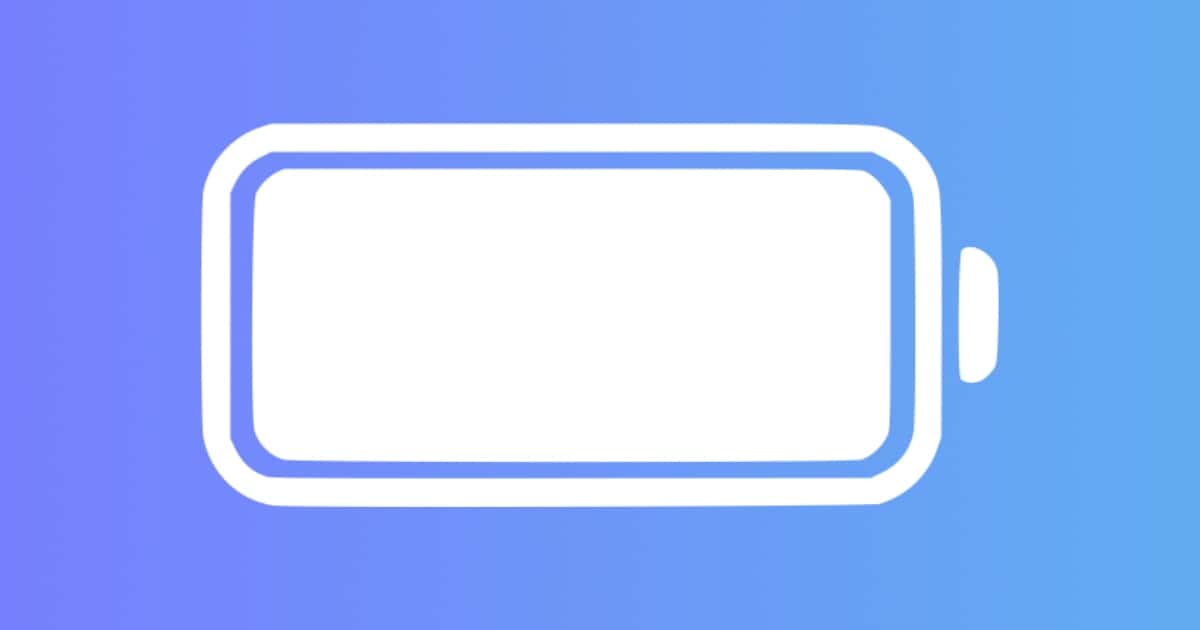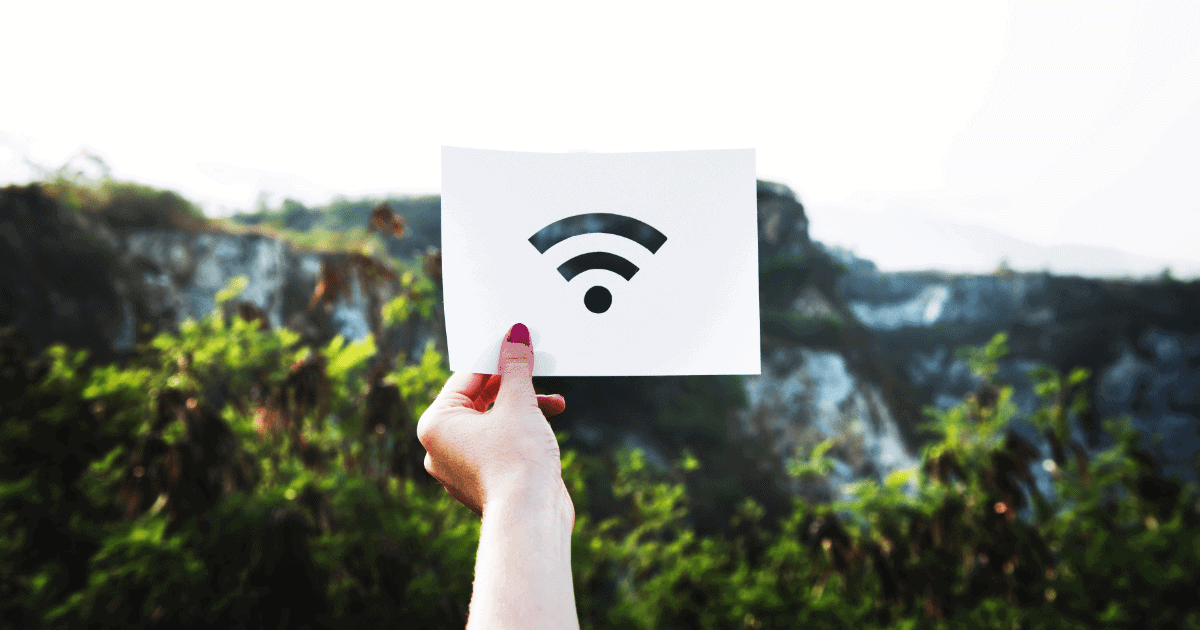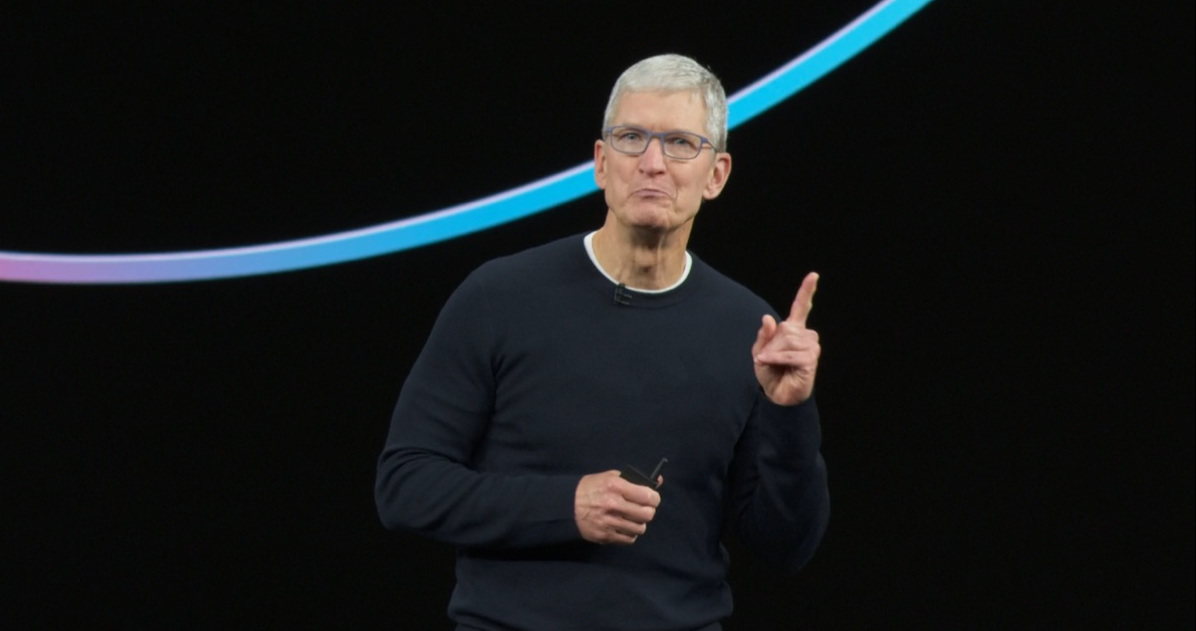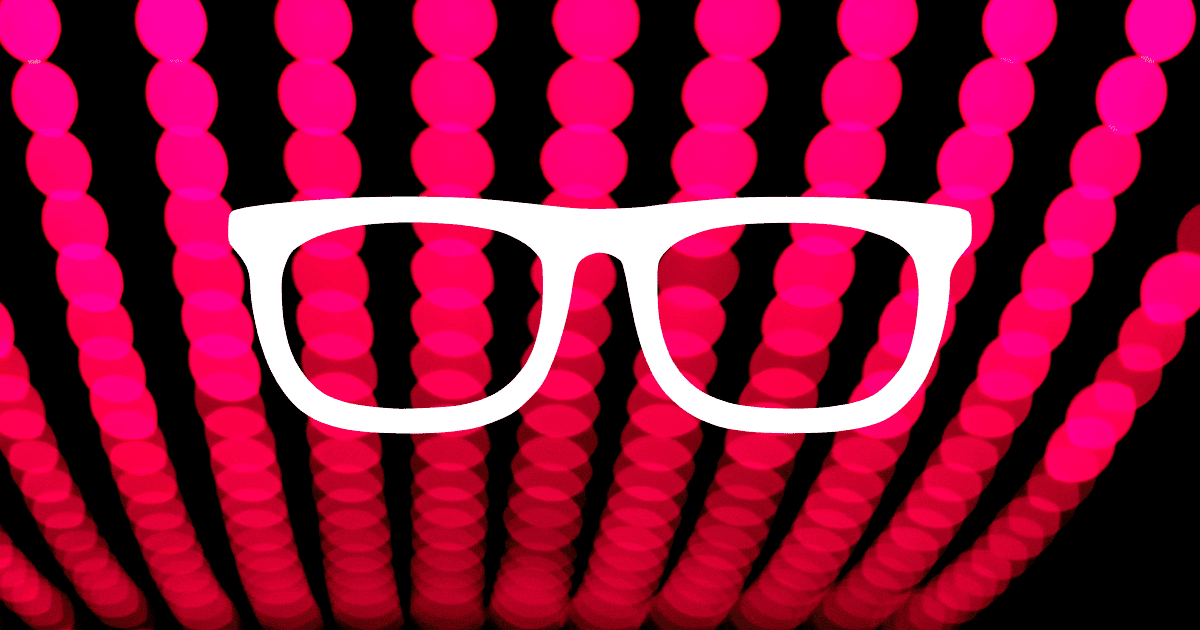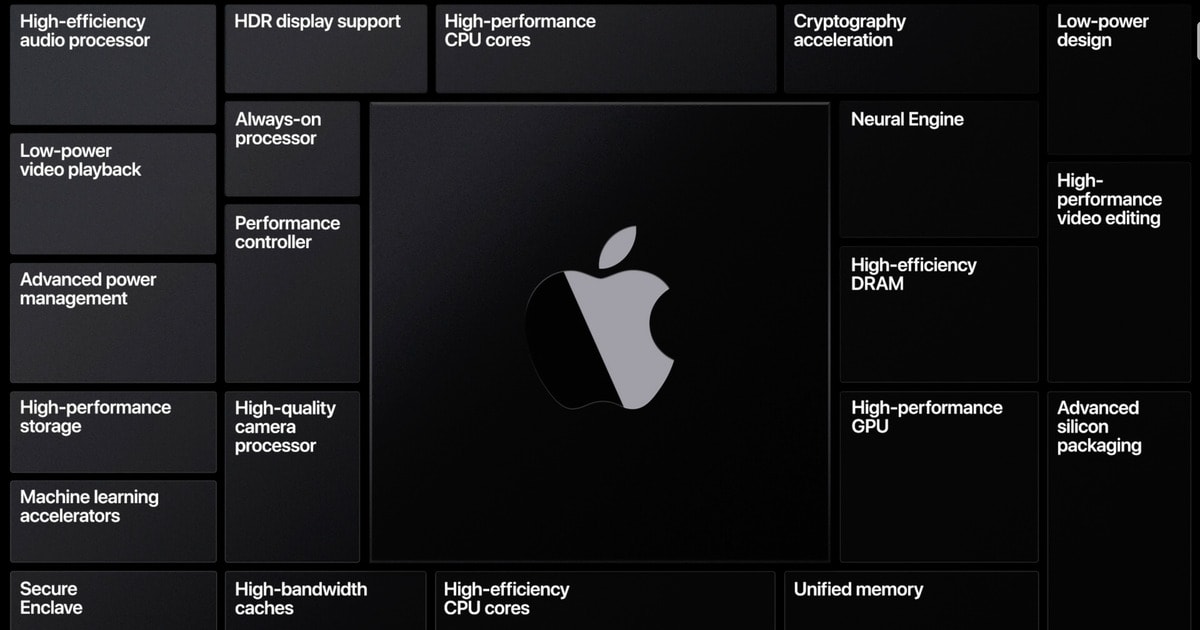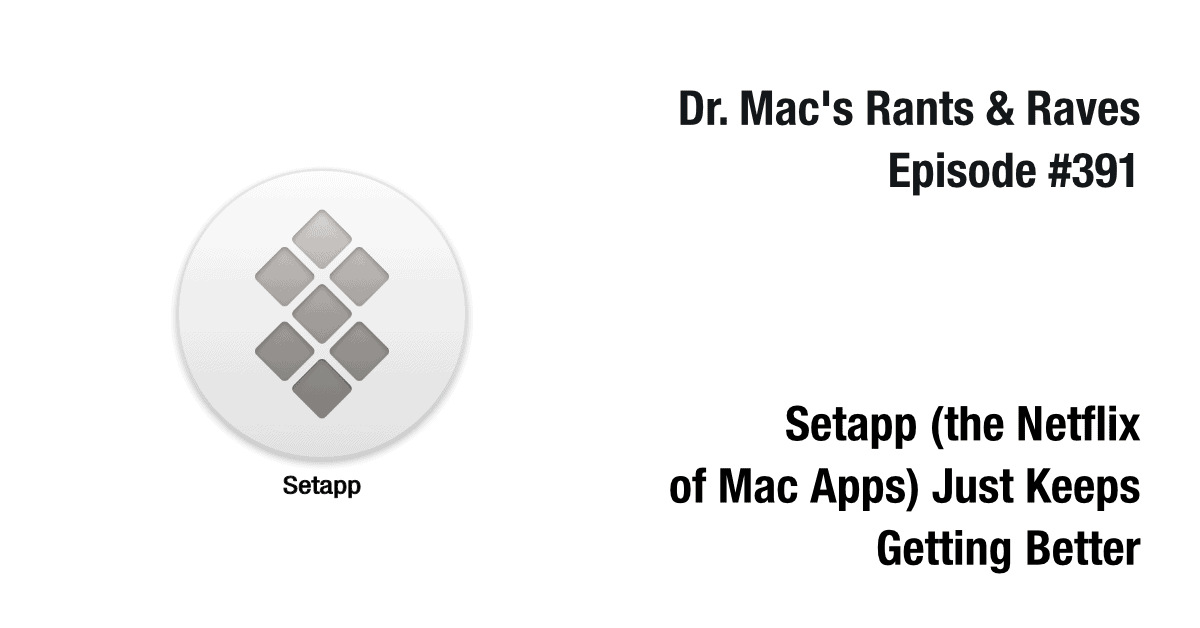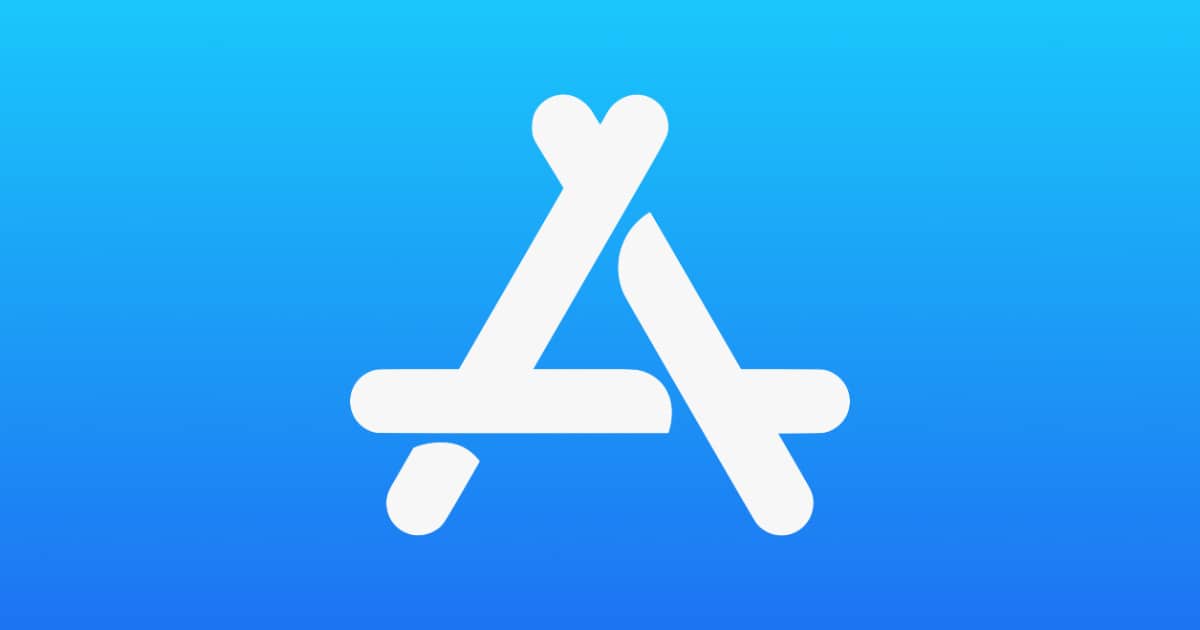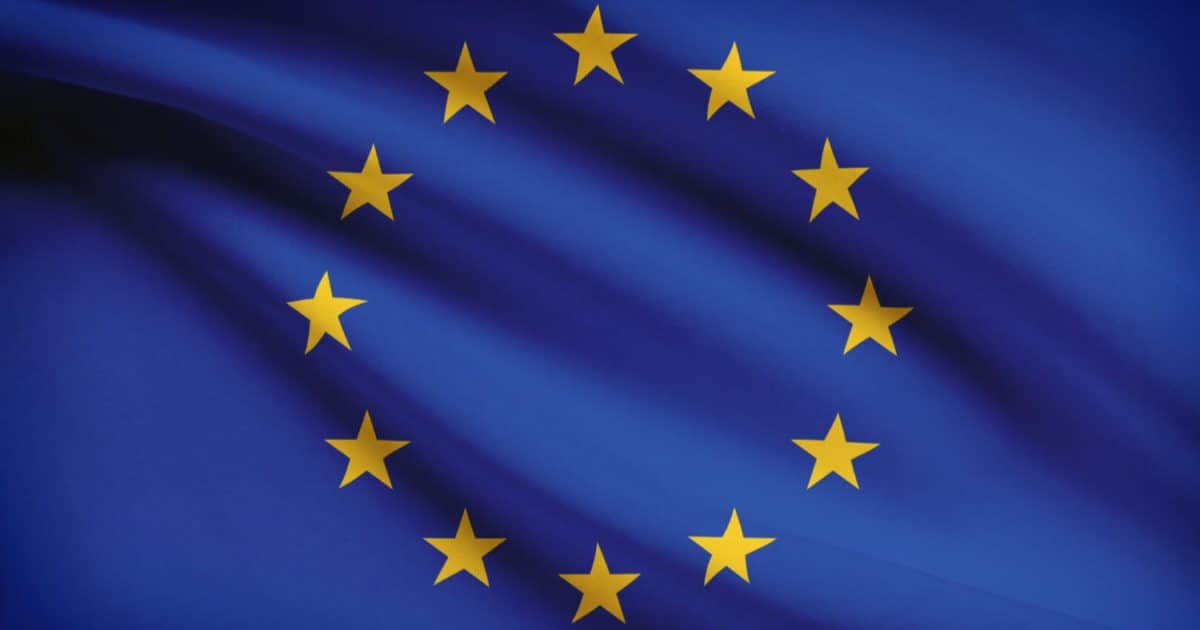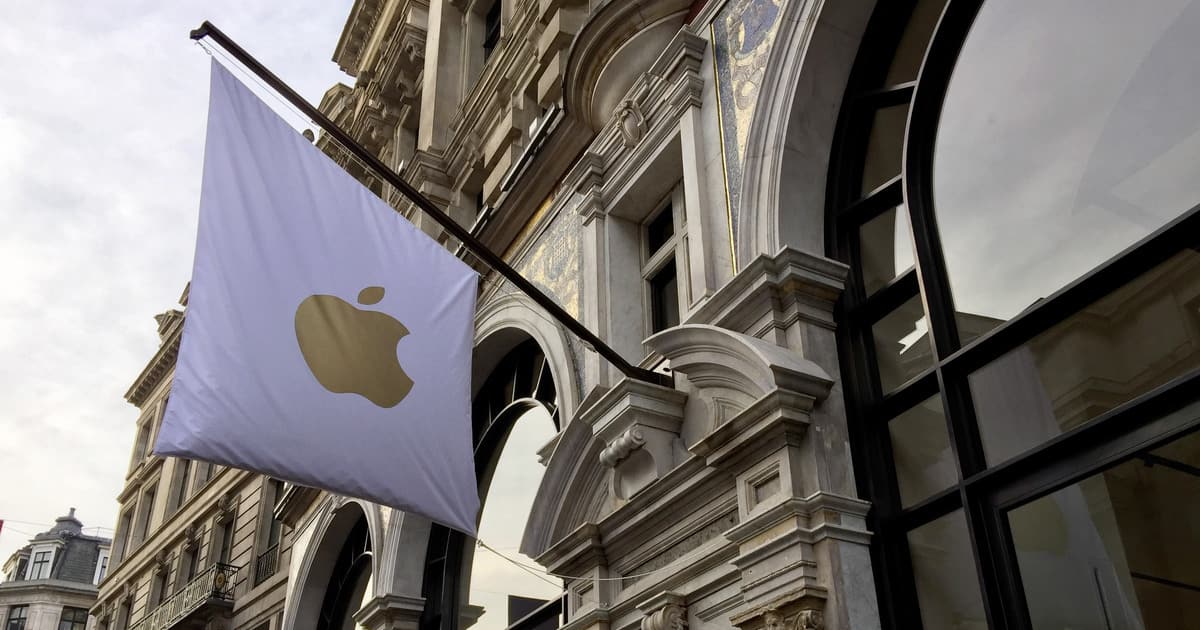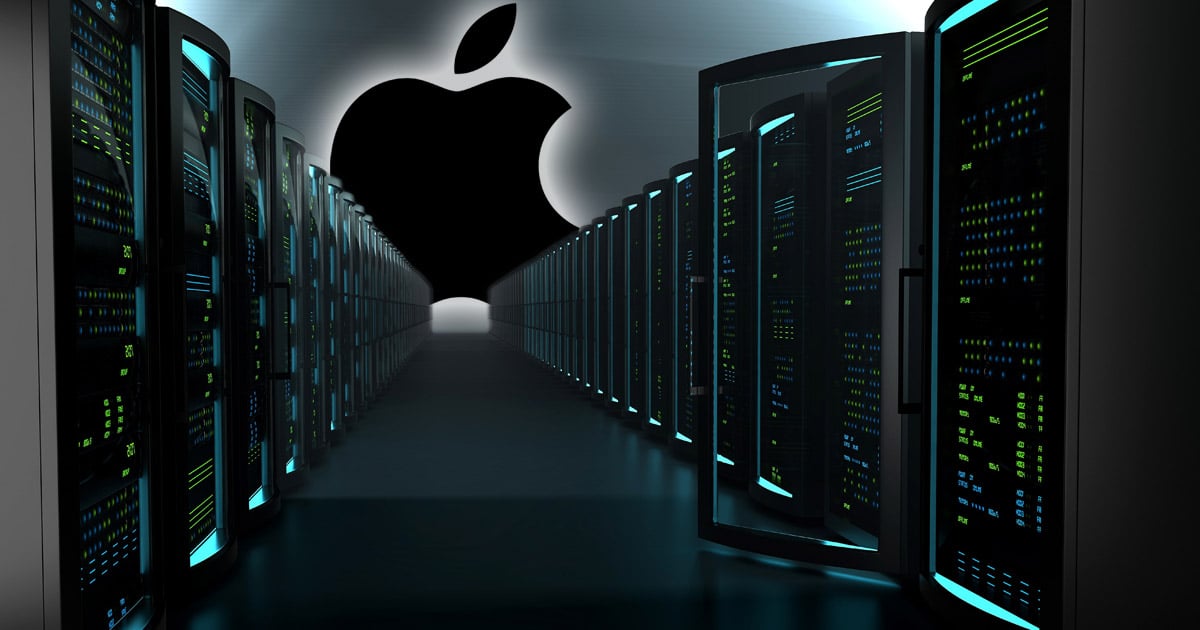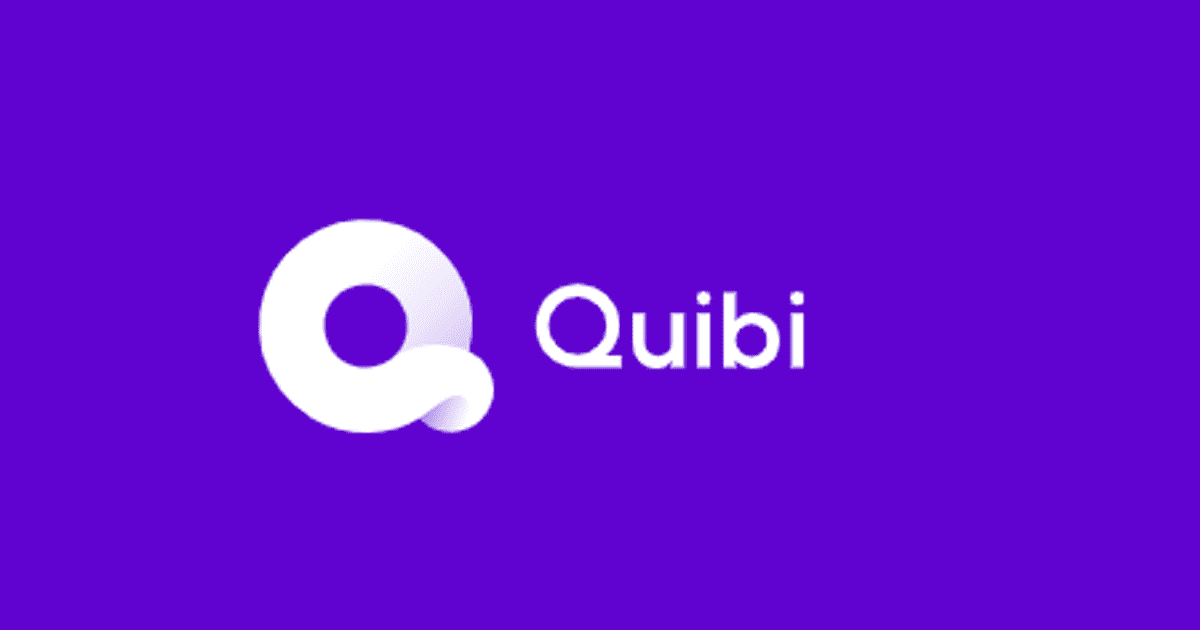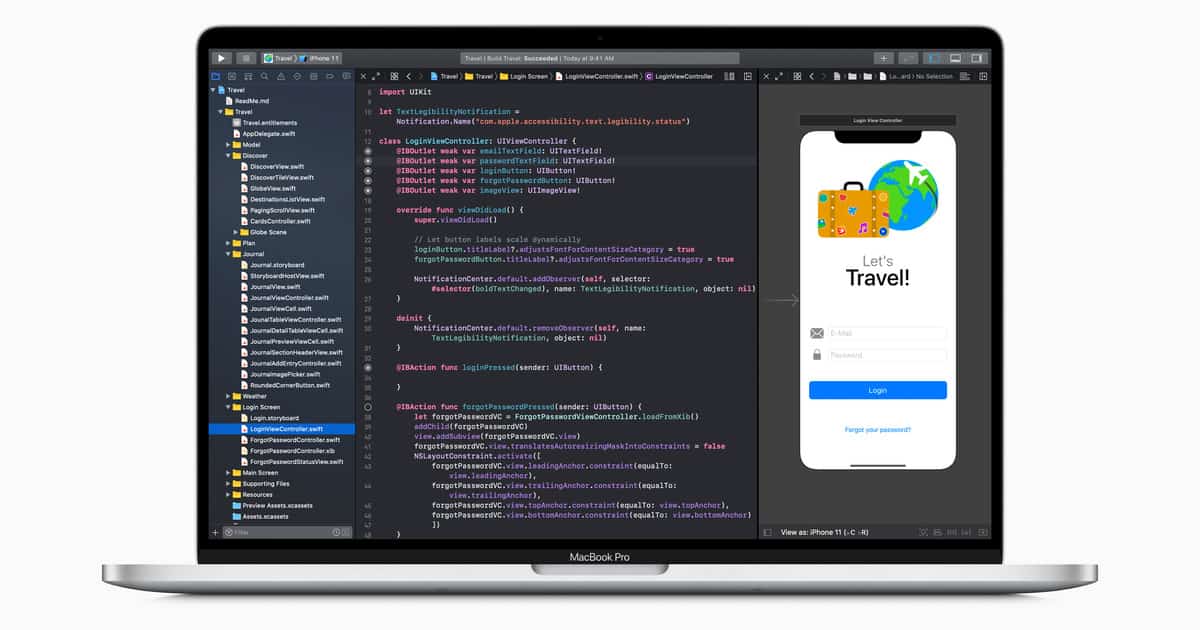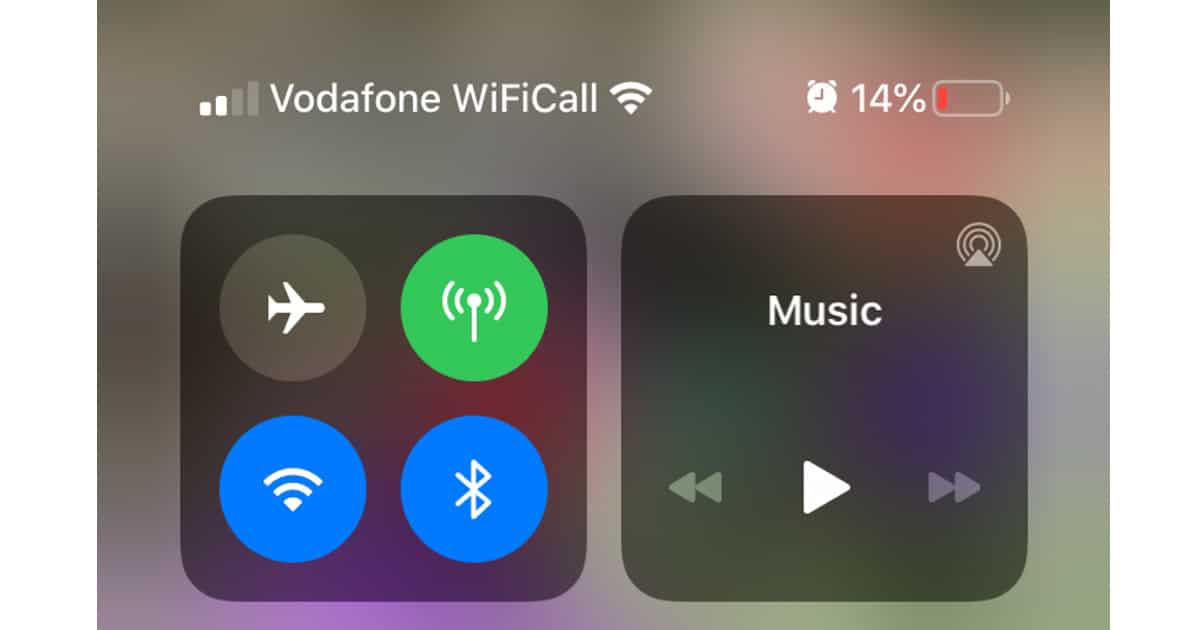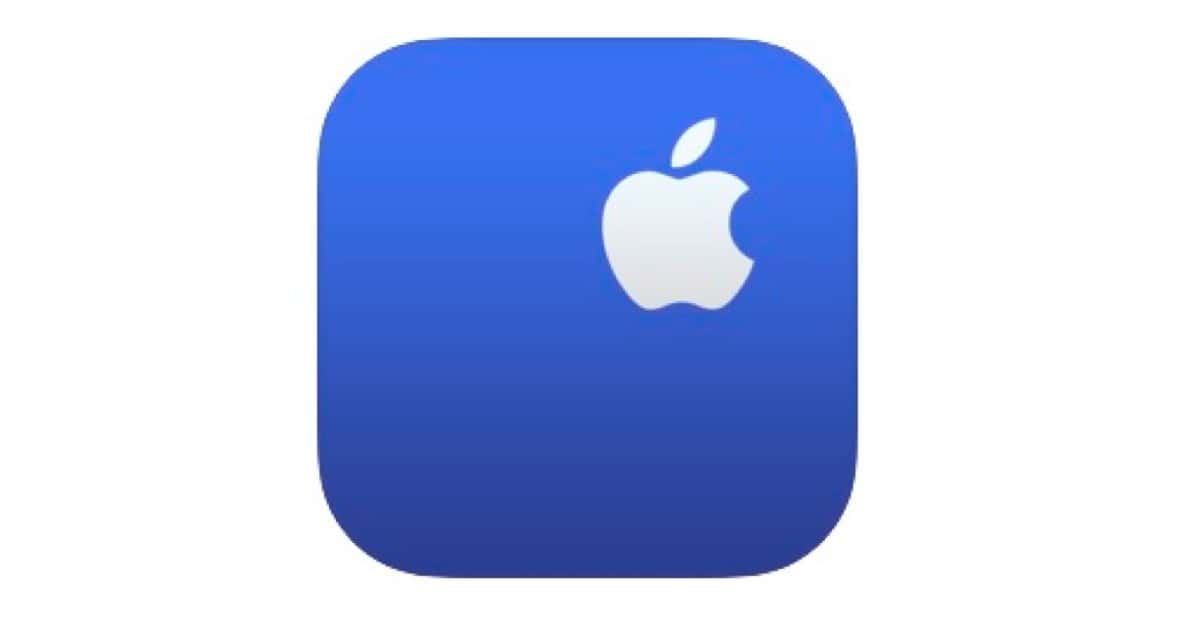Apple agreed earlier this year to settle a class action lawsuit over the Batterygate scandal. Affected customers can now file a claim to receive approximately US$25.
Idris Elba Signs Apple TV+ Deal
Idris Elba’s Green Door production firm has signed a ‘first-look’ deal with Apple TV+ under which it will produce series and features.
iOS 14: How to Use a Private MAC Address on iPhone and iPad
Apple lets you use a private MAC address in iOS 14, iPadOS 14, and watchOS 7. Here’s what that means and where to find the setting.
Apple Allocating $400 Million to California Affordable Housing and Homelessness Projects in 2020
Apple will allocate over $400 million toward affordable housing projects and homeowner assistance programs in California during 2020.
Tim Cook Was Second-Highest Paid U.S. CEO in 2019
Tim Cook was the second-highest-paid CEO of an American firm in 2019, according to the latest data, netting a package worth $134 million.
ICE, ICE, Maybe? — Mac Geek Gab 824
Is your mail forwarder secure? Are you sure? How about your Internet? These are just two of your dozen-or-so questions that John and Dave tackle this week. It’s not just questions, of course. There are Quick Tips, regular tips, Cool Stuff Found, and even some router fun. Press play and enjoy listening to your favorite geeks while learning at least five new things!
Apple AR Lens Development Reaches Key Stage
Apple’s AR attempts are reportedly at a crucial milestone, with prototypes of semitransparent lenses moving beyond into trial production.
Ming-Chi Kuo Predicts First Apple Silicon Macs
The first wave of Apple Silicon Macs are set to include a 13-inch MacBook Pro and MacBook Air. Those will be released this year, With 14.1-inch and 16-inch, MacBook Pro Models coming in 2021. That’s according to analyst Ming-Chi Kuo, in a note reported on by MacRumors.
In a research note with TF International Securities today, seen by MacRumors, Kuo said he expects the Apple Silicon 13.3-inch MacBook Pro to go into mass production in the fourth quarter of this year, but he also now predicts we will see an Arm-based MacBook Air either in the same quarter or in the first quarter of next year. Kuo still believes that Apple intends to launch a mini-LED 16-inch MacBook Pro and a 14.1-inch MacBook Pro, also with a mini-LED display, but these will likely arrive in the second or third quarter of 2021, and intriguingly, both will have an “all-new form factor design.” Previous rumors suggested an updated 16-inch MacBook Pro could arrive this year in October or November.
Security Friday, App Store Turns Twelve – TMO Daily Observations 2020-07-10
Charlotte Henry joins host Kelly Guimont to discuss Security Friday news items and tips, and the twelfth birthday of the App Store.
Setapp (the Netflix of Mac Apps) Just Keeps Getting Better
Dr. Mac has been a fan of Setapp (the Netflix of Mac apps) since it was introduced and thinks it’s a fantastic value, allowing you to use any or all of its 180+ high-quality apps for just $9.99 a month.
Kinkoo Mini Portable Air Conditioner: $59.99
We have a deal on the Kinkoo Mini Portable Air Conditioner that cools, humidifies, and cleans the dust particles from the air. Fill the viewable water tank, and the device uses evaporation to cool you down—the company says it works best in a hot and dry climate. It’s $59.99 through our deal.
Happy 12th Birthday iOS App Store
The iOS App Store has turned 12-years-old. It first went live on 10 July 2008 and has since created a whole economy.
Apple EU Tax Case Appeal Ruling Due Next Week
The result of Apple and Ireland’s appeal against an EU tax ruling is expected next week but is likely to be appealed further.
'Little Voice' on Apple TV+ Aims to Improve Autism Representation
Little Voice arrived on Apple TV+ on Friday. It features an autistic character Louie King, who was played by an actor who is on the autism spectrum, Kevin Valdez. The actor joined the show’s co-creator, Jessie Nelson, to explain why this was so important.
“He’s really similar to me,” Valdez says. “It’s almost like this role was made with me in mind”… Apple’s service has a show, See, that features a large cast of actors who are blind or low vision. “I was so pleased with how far we’ve come that Apple was so supportive of finding an autistic actor to play this role,” Nelson says. “This is a very different moment in history.” Increasingly, autistic actors are playing characters on the autism spectrum. And those characters are moving beyond the male autistic savant stereotype, says Arianna Esposito, director of lifespan services at Autism Speaks. Having a person with autism playing a role like Louie “really brings an authenticity to the character,” Esposito says.
Spotify, Waze, And Other Popular Apps Crashing in iOS 13 Possibly Thanks to Facebook SDK
Users are reporting that a number of popular apps, including Spotify and Waze, are crashing when they try to use them on an iPhone.
Apple Registers UK Turnover of £1.37 Billion, £6.2 Million Tax Payment
The latest accounts for Apple in the UK showed the firm had a turnover of £1.37 billion with a total tax expense of £6.2 million.
Public Beta of iOS 14 and iPadOS 14 Now Available
Apple has released the Public Beta of iOS 14 and iPadOS 14, just days after the updated developer beta was made available.
Tekjoy Shiatsu Kneading Massage Pillow with Extended Velcro Strap: $44.99
Our friends at Stack Commerce have a fun deal for us today on the Tekjoy Shiatsu Kneading Massage Pillow. It’s a massager that comes with an extended strap that allows you to put pressure where you want it. This device is $44.99 through our deal.
Updates to Swift Learning, iOS 14 Preview – TMO Daily Observations 2020-07-09
Charlotte Henry and Jeff Butts join host Kelly Guimont to discuss updates to Apple’s Swift educational resources and new features in iOS 14.
Nokia Collaborates With Apple on Data Center Networking Tools
Nokia launched a set of tools for data center networking in collaboration with Apple on Thursday. Reuters reported that the aim is to help firms manage increased traffic as 5G networks are rolled out.
As the usage of 5G networks expands, vast quantities of data will be generated as more household appliances and other machines are linked up with sensors and artificial intelligence tools, creating the so-called “internet-of-things”. Nokia, which competes against China’s Huawei and Sweden’s Ericsson to build 5G networks, has been broadening its portfolio by adding open interfaces to its 5G equipment and launching new networking products. “We worked very closely with (Apple) over the last two plus years to understand their requirements,” said Steve Vogelsang, Nokia’s chief technology officer for IP and optical business.
Quibi Loses 90 Percent of Users After Free Trial
Quibi lost 90 percent of early users after their free trials expired. That’s according to data from Sensor Tower, reported on by The Verge.
According to the firm’s new report on Quibi’s early growth, the short-form video platform signed up about 910,000 users in its first few days back in April. Of those users, only about 72,000 stuck around after the three-month free trial, indicating the app had about an 8 percent conversion rate. That’s not too bad. But compare it to the streaming video industry’s most successful debut of the last few years, Disney Plus, and the resulting picture is a grim one for Quibi.
Apple Releases Updated Swift Coding Educational Resources
Apple updated its coding programs and resources for students launched a new online professional learning course for educators.
How to Show Battery Percentage on iPhone XR and iPhone 11
To show battery percentage on an iPhone XR or iPhone 11 you need to access the Control Center or add a Widget.
How to Look Up Your Apple Warranty Status
There’s an easy way to look up your Apple warranty status for any product you own. And then proceed if you need assistance.
